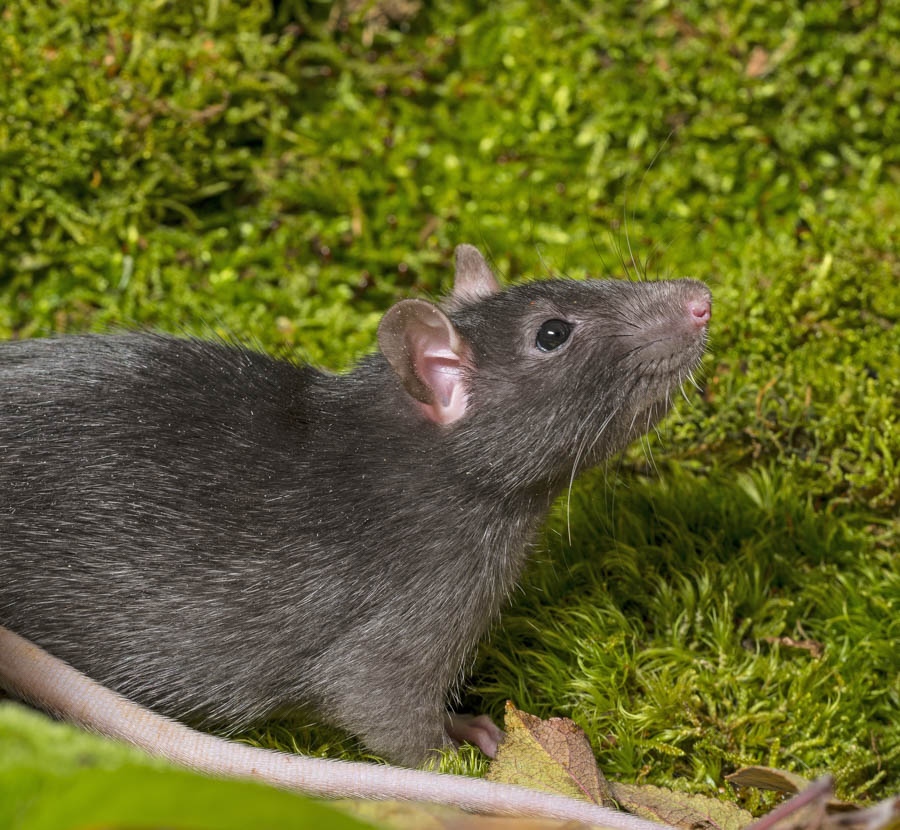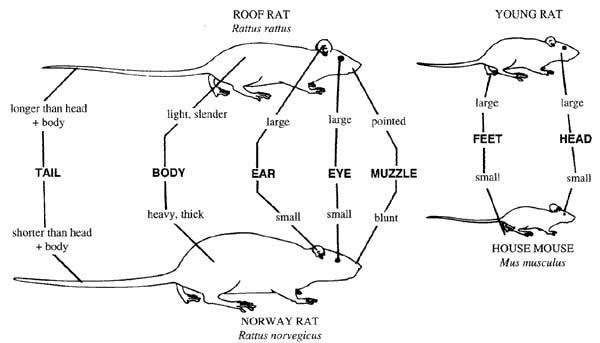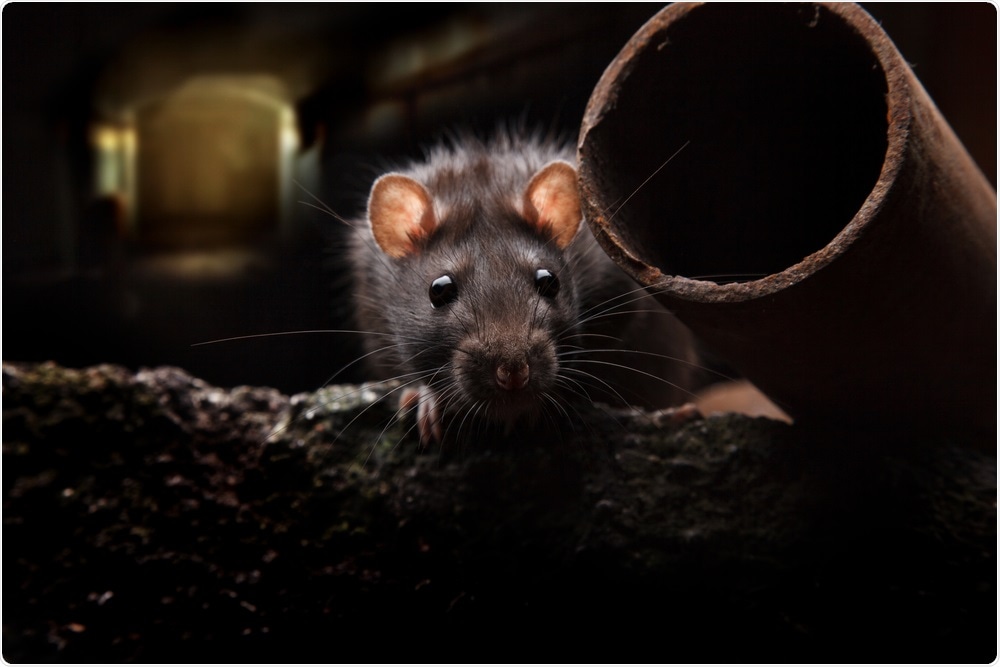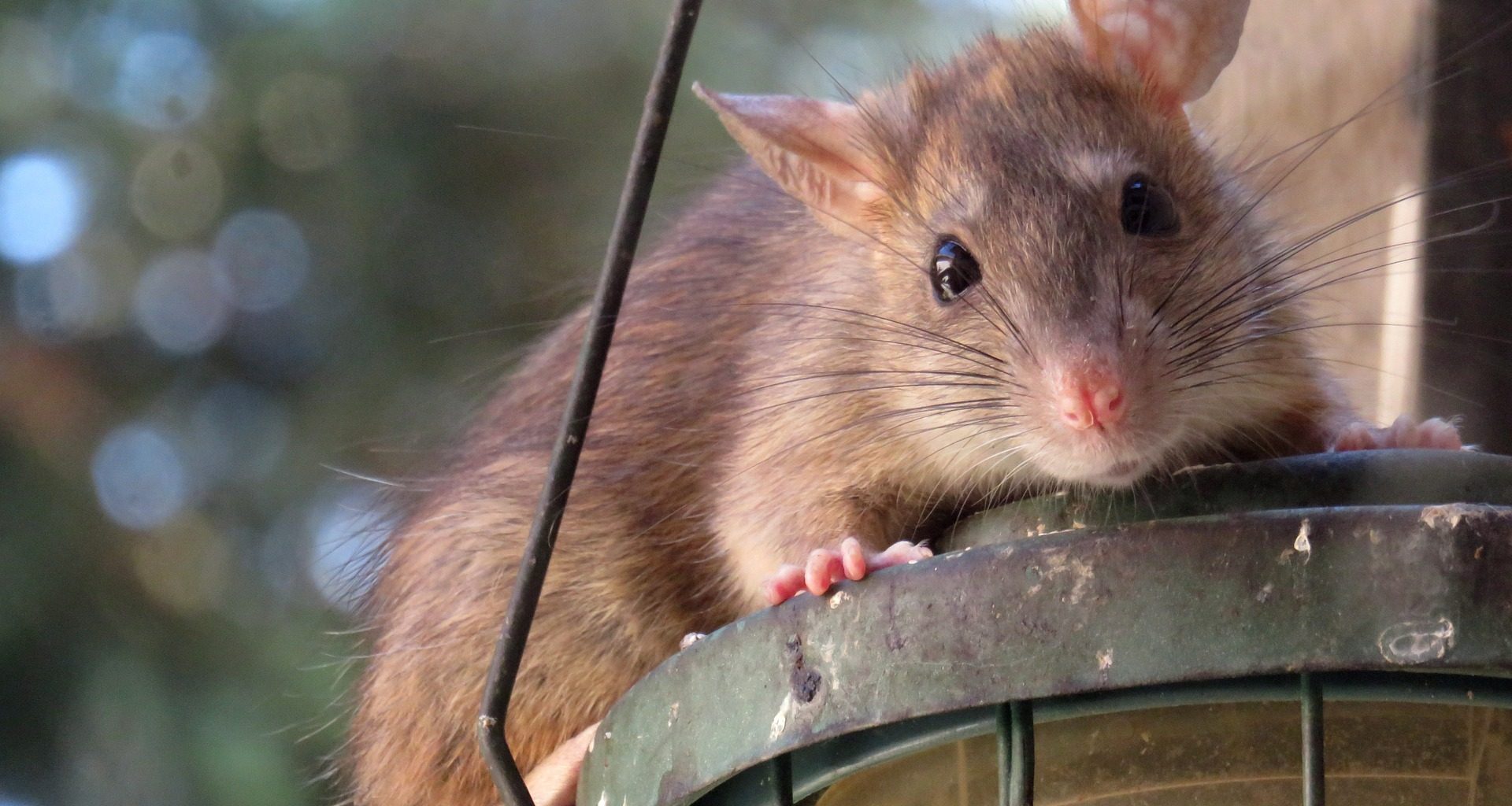Rat Migration In Roof

The roof rat rattus rattus linnaeus is smaller in size than the norway rat.
Rat migration in roof. Use stucco diamond mesh which is available at building material suppliers to seal holes. University of california scientists say last year s. Roof rats origin and migration. The roof rat also called gray bellied rat white bellied rat alexandrine rat black rat and ship rat.
Roof rat control facts. Being excellent climbers they can easily access any part of the house through pipelines wires blocks of brick or concrete or even branches of tall trees. Roof rats a common problem for city dwellers are migrating to california farms and nibbling on everything from avocados to irrigation tubing. These rats are omnivores eating foliage like seeds leaves and stems in addition to small prey like birds and insects.
Roof rats live in colonies and even forage in small groups of ten or so. The roof rat has its ears large and prominent standing well out from fur. Traveling along power lines. Archaeological evidence suggests that the roof rat existed in europe and the levant during the.
Roof rats are thought to be of southeast asian origin but they are now found worldwide especially in the tropical regions. Climbing vines near the home. Breeding and physical characteristics. Another difference is that the roof rat is more slender with a longer tail than the norway rat.
The rood rat has a tail longer than the combined length its head and body and is uniform color top and bottom. Roof rats identification roof rats prevention roof rats education. Roof rats become sexually mature between two and five months producing four to six litters per year that consist of six to eight young each. In dense populations these rodents will establish a social hierarchy wherein dominant males mate more than subordinate males.
Their body slender and light with a pointed muzzle. The roof rat rattus rattus alexandrinus and frugivorous is commonly known as roof tree climbing ship black or gray rat. Also known as black rats even though they vary in color roof rats are rodents that explore both indoors and outside and can be found on roofs in attics rafters the tops of trees and other high places around your home. The common lifespan of these rodents is about one year.
Roof rats can also get into your home in other ways including. Climbing rough surfaces such as brick and concrete blocks. Roof rats are common in coastal states seaports and the southern third of the country. Roof rats can enter through openings as small as a nickel so be diligent sealing cracks and crevices.













































